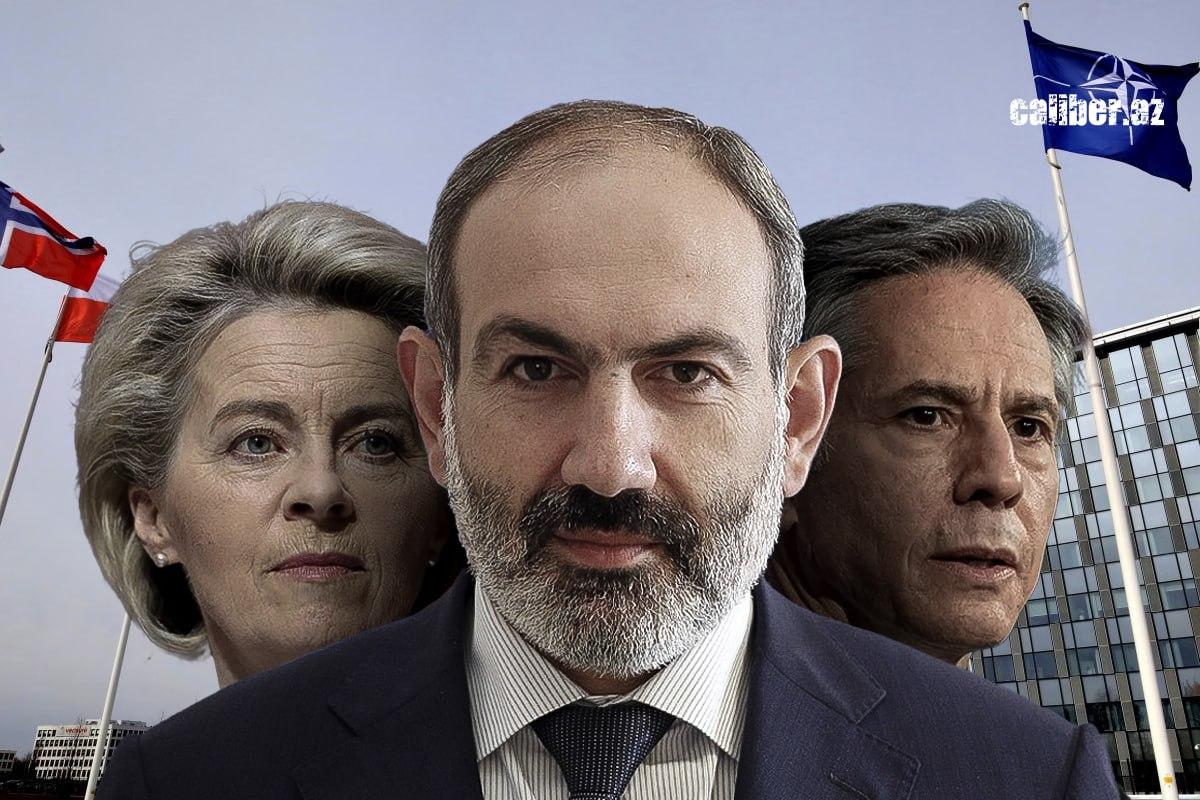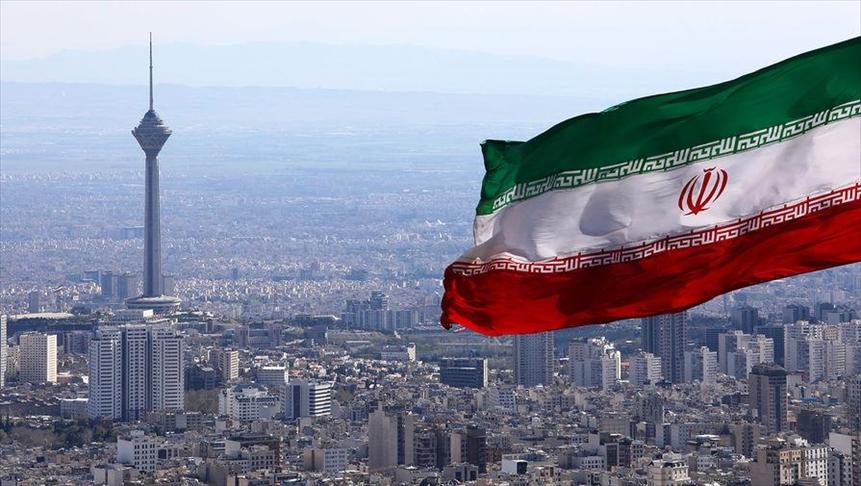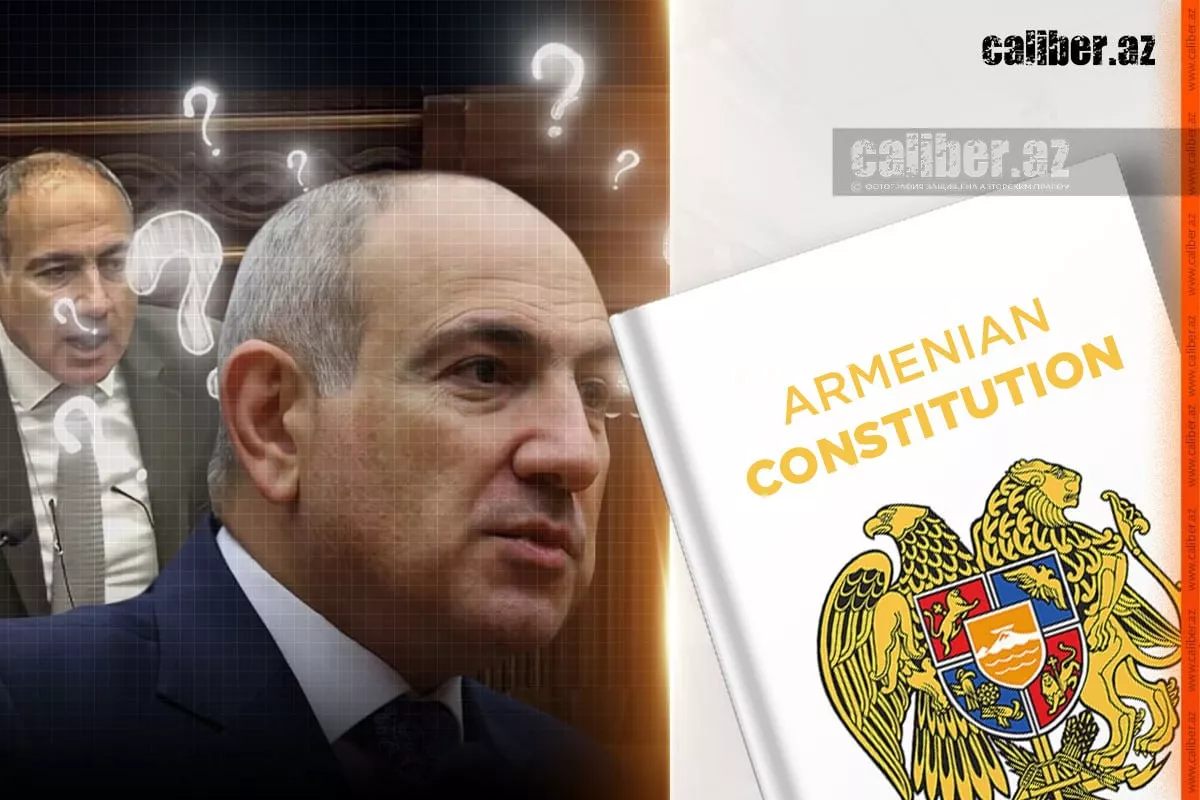"Under Trump, Armenia would hardly have received the Charter on Strategic Partnership" Expert insight on Caliber.Az
In an exclusive interview with Caliber.Az, Russian journalist and expert Kirill Krivosheev discusses the recently signed US-Armenia Charter on Strategic Partnership. Krivosheev views the agreement as a logical step following the trilateral meeting between the EU, the US, and Armenia last year, highlighting its focus on economic and energy cooperation rather than defence.
— Kirill, how do you assess the recently signed Charter on Strategic Partnership between Armenia and the United States?
— I think this is a logical continuation of the trilateral meeting between the EU, the US, and Armenia in April of last year, which was widely discussed, including in Baku. But my firm position is that that meeting and this strategic agreement are largely not about defence, but about the economy, specifically, energy. It is no secret that Armenia is extremely dependent on energy, and what the West can do for it is build a new nuclear power plant when the Metsamor plant finally shuts down in 2036. By that time, there should be another nuclear project so that Armenia at least has its own electricity.

Grant support and assistance with reforms are certainly important aspects of the agreement, but let's examine what Armenia has received from the West in 2024. Over this period, Armenia has been allocated $65 million from the United States, along with promises of €270 million from the European Union. However, it is noteworthy that for 2025, Armenia will receive only €13 million from the EU. While this is a modest sum, it still offers some relief to the state budget and provides a slight nudge for officials in the right direction.
Another point to consider: In July of last year, Armenia received just $10 million from the European Peace Facility, which primarily supports Ukraine with arms. This amount is relatively small, even for a country like Armenia. Therefore, it seems that the US has concentrated mainly on the economy and energy, while offering support for positions that align with its interests. For example, the US is opposed to the Zangezur Corridor as envisioned by Baku. Washington insists that this route should be sovereign, with Armenian troops and border guards maintaining control over its entire length. This stance is linked to the Alma-Ata Declaration. In contrast, Azerbaijan supports border delimitation based on the current realities on the ground, a position that the US does not endorse.
— Based on your assessment, does the charter suggest the potential for American or NATO bases in Armenia in the future?
— In the near future, I don’t foresee this happening, as Armenia is unlikely to remove the Russian military base in Gyumri. It would be both dangerous and impractical to have two bases from opposing blocs on the same territory. Furthermore, Armenia has consistently emphasized that it has no intention of removing the Russian base. Yerevan also seeks to respect Iran’s interests, and Tehran would clearly disapprove of the presence of NATO bases in Armenia. Why provoke Tehran unnecessarily?

It’s difficult to predict the long-term situation. The outcome of the Russia-Ukraine war will significantly influence the security structure across Eurasia. Therefore, it is premature to make assumptions about the global order while this crucial process is still unfolding.
— Why, in your opinion, was the charter signed in the final days of Biden’s time in the White House?
— It’s significant that the charter was signed in the final days of Joe Biden’s presidency, as this is something we wouldn’t have seen under Donald Trump. Signing a declaratory document that can later be referenced to request funding needed to happen now, before Biden’s term ended.
Moreover, at the beginning of his presidency, Trump will likely not prioritize the Armenia-Azerbaijan conflict. There may have been different strategic considerations, but I doubt he would have moved quickly to sign such a document with Armenia if it hadn't been for this specific timing.
— Will Armenia reconsider its constitution for the sake of peace, as repeatedly stated by Pashinyan's government?
— Recently, Nikol Pashinyan expressed Armenia’s willingness to accept two significant conditions from Baku. One is the abandonment of mutual claims, which renders the ratification of the Rome Statute—something he fought for—meaningless. The second is the dissolution of the OSCE Minsk Group, which, in the current context, is indeed pointless. However, Baku continues to insist on revising Armenia’s constitution.
However, I would highlight that the potential departure of Pashinyan from power could derail the peace process. In such a scenario, much would need to be rebuilt, including relations with any new authorities. It’s difficult to predict what the leadership under his successor might be like, but the new government would likely feel the need to differentiate itself from Pashinyan’s policies. Baku's pressure regarding constitutional changes could contribute to destabilizing Pashinyan’s position, potentially even leading to his defeat in 2026.

Is this good? It depends on the perspective. From my point of view, no, as I believe the peace process must be concluded. I am in favour of the conflict being resolved peacefully, without military intervention. The issue is not whether Pashinyan is a good politician or not; personally, I am against destabilizing the situation in Armenia. This is the first point.
Secondly, it would be very difficult for Pashinyan to rewrite the constitution, as this could lead to significant political risks. Therefore, it’s hard to say whether Baku's pressure on Yerevan will result in new concessions or completely undermine the entire structure. I would be very cautious here. Constitutional amendments must be hidden in such a way that they are, so to speak, under a thick layer of sugar. In other words, something positive must be offered to the people in exchange for this. And that needs to be carefully thought out and developed. It is a very complex political process. At the same time, if the Constitution is changed, it will be done in such a way that during a referendum, the people will vote for a Constitution that does not reference the Declaration of Independence, or the Declaration itself will be altered, but no one in Yerevan will mention it. They will carefully keep this fact under wraps, offering something else instead. Remember how Russia's constitution was changed? The inclusion of the Russian language as a sign of respect for the working people, without mentioning that the real essence was the resetting of Vladimir Putin’s term limit. Pashinyan would have to do something similar, and that’s not easy.
If Armenia adopts a new constitution, references to the Declaration of Independence will likely be absent.








